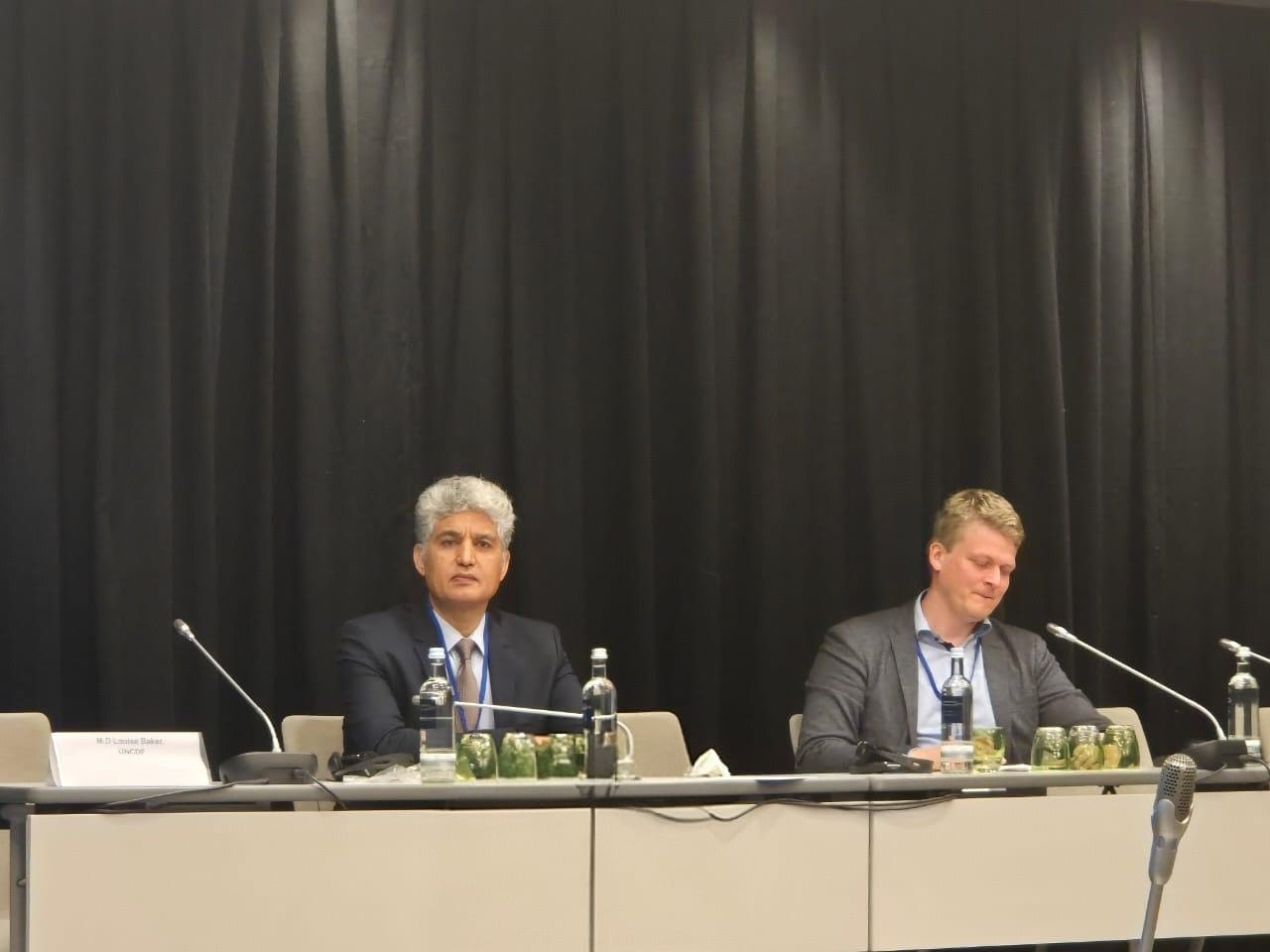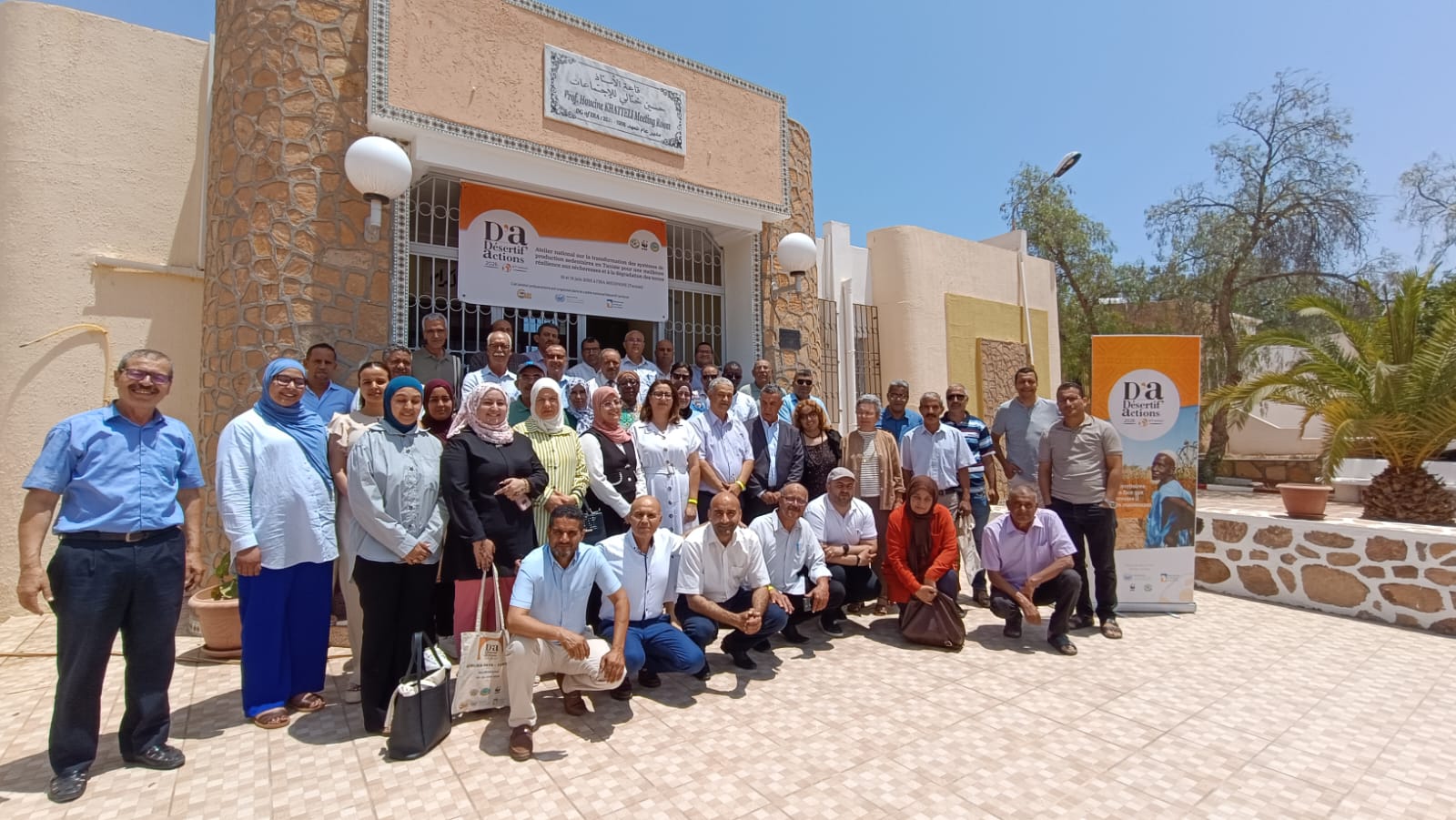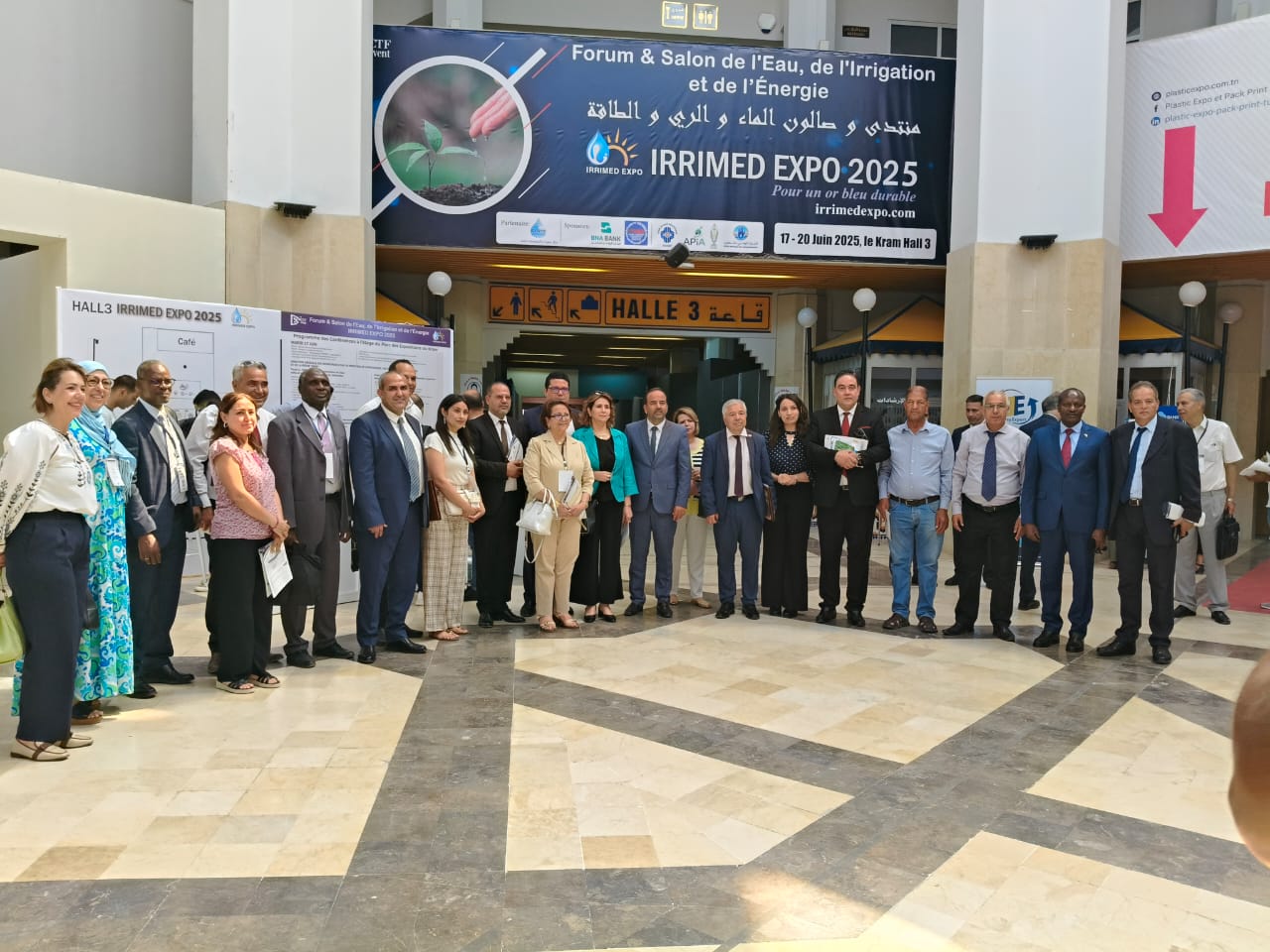
OSS at the Heart of Drought Resilience
The Sahara and Sahel Observatory (OSS),…
The Regional Conference on Agroecology ended on January 31, 2025 after three days of sustained discussions bringing together researchers, decision-makers, representatives of civil society and private sector actors. Discussions highlighted agroecology as an essential response to the environmental and socio-economic challenges of food systems in North Africa. The diversity of expertise and experiences shared made it possible to explore the tools needed to speed-up the transition to sustainable and inclusive agricultural practices.
The closing of the works was marked by the intervention of Mr. Hamadi Habaieb, Secretary of State to the Minister of Agriculture, Water Resources and Fisheries, who recalled the need for an integrated approach to support the agroecological transition. He highlighted the importance of strengthening synergies between research, public policies and local initiatives in order to build more sustainable food systems. He also mentioned the key role of governments in developing regulatory frameworks that promote the adoption of agroecological practices and the development of sustainable sectors. The commitment of local stakeholders, the promotion of traditional knowledge and the support of farmers were identified as key approaches to ensure the effectiveness of the actions implemented.
Field experience, illustrated by several case studies, demonstrated the diversity of existing agroecological practices and the efforts made to promote their dissemination. Raising consumer awareness and changing regulatory frameworks appear to be core elements in designing more resilient and inclusive food systems.
Discussions also stressed the central role of public policies in structuring an agricultural model that fully observes ecosystems. The integration of agroecology into national strategies, the mobilization of appropriate financing and the strengthening of training and incentive systems are among the priorities identified. The need for a clear institutional framework, promoting coordination between the different stakeholders, was particularly highlighted.
The importance of cross-sectoral collaborations and synergies between stakeholders was stressed as a key lever to ensure a successful transition. The creation of exchange platforms and the sharing of local knowledge emerged as strategic points to strengthen the adoption of agroecological practices. Raising awareness among the general public, particularly through information campaigns and educational actions would be a determining factor to encourage more responsible consumption and support the growth of agroecological products.
This Conference marks a key step in laying the foundations for a strengthened regional dynamic in favor of agroecology. The Sahara and Sahel Observatory reaffirms its commitment to play a leading role in this transition, by fostering regional synergies and supporting true initiatives.
Today, let us transform these exchanges into tangible actions, anchored in a collective and coordinated vision, to build sustainable food systems that best serve the interests of the populations.

The Sahara and Sahel Observatory (OSS),…

On the occasion of the World Day to Combat Desertification and Drought,…

The OSS participated in the Mediterranean Forum and Exhibition for Water,…